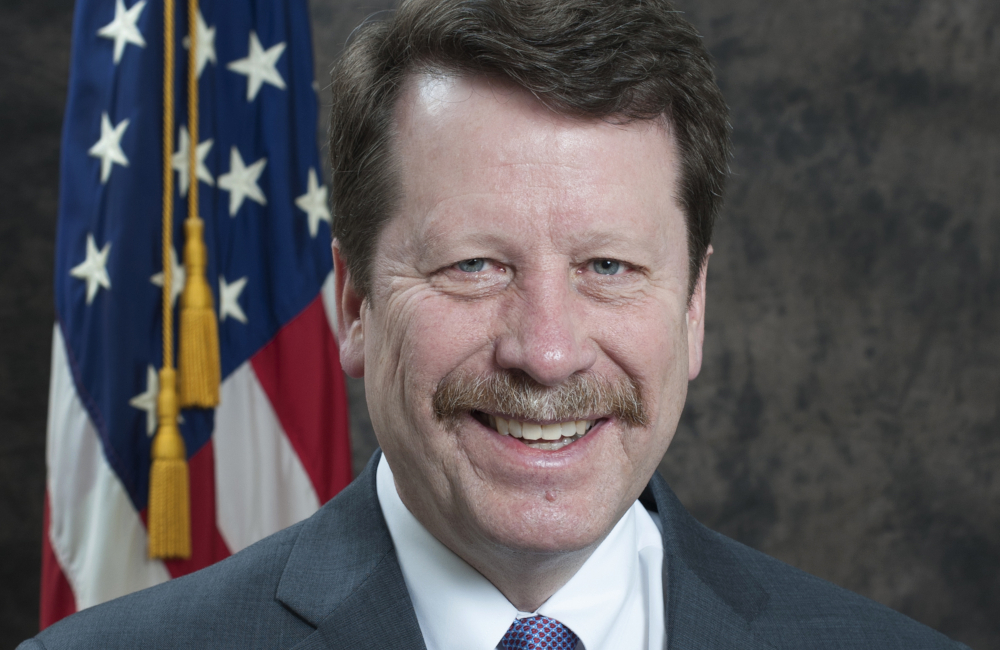The Oversight Committee of the U.S. House of Representatives says it will investigate the U.S. Food and Drug Administration (FDA) over its regulatory jurisdiction of hemp-derived CBD.
The committee is expected to bring FDA Commissioner Robert Califf before the House, said Rep. James Comer, a Kentucky Republican who chairs the panel.
Stakeholders have criticized slow progress on federal CBD rules at the FDA, which has repeatedly said more research is needed on the safety and efficacy of CBD products.
‘Lack of action’
“I want to bring the FDA commissioner in front of the committee, and this is one of the things that we want to talk about,” Comer said. “It’s not just their lack of action with respect to CBD and other types of hemp — it’s their inaction regarding a lot of areas of their jurisdiction.”
CBD exists in a legal gray area in many parts of the country, and product quality and safety remain serious questions.
FDA has said research is still lacking that would show how much CBD can be consumed, and for how long, before causing harm, especially to children and pregnant women. Scientific studies show possible harm to the male reproductive system, including testicular atrophy, harm to the liver, and interactions with certain medications, the agency has observed.
Need for regulations
Despite repeated calls for regulations from CBD companies and organizations, the FDA has yet to comprehensively address rules for the compound, instead concentrating on enforcement and sending out warnings to producers and vendors.
The United States Hemp Roundtable (USHR) last year sent a letter to leading sponsors of the long-awaited Cannabis Administration Opportunity Act (CAOA), a comprehensive cannabis legalization bill, suggesting changes intended to help the CBD and other hemp sectors.
The CAOA would decriminalize cannabis by removing it from the Controlled Substances Act and empower states to create their own cannabis laws. The bill aims to end the decades-long federal cannabis prohibition, regulate cannabis, support medical research and invest in disadvantaged communities that were unfairly targeted in the War on Drugs, according to the authors.
Changes needed
Among changes sought by hemp stakeholders is an increase in the THC level for hemp plants from 0.3% to 1.0%, defined limits for THC levels in finished consumer products, and classification of CBD and other cannabinoids as food and beverage ingredients.
FDA last October appointed a cannabis policy expert, signaling the agency may finally begin to establish a regulatory framework for CBD.
FDA asserted its authority to regulate products derived from cannabis, including hemp, after passage of the 2018 U.S. Farm Bill which legalized hemp federally. The agency is therefore playing a major role in the development of markets for hemp-derived food, cosmetics and drugs.
Hemp-derived CBD comes under the Food, Drug and Cosmetics Act (FD&C Act) which, through the FDA, authorizes products after they are tested.

